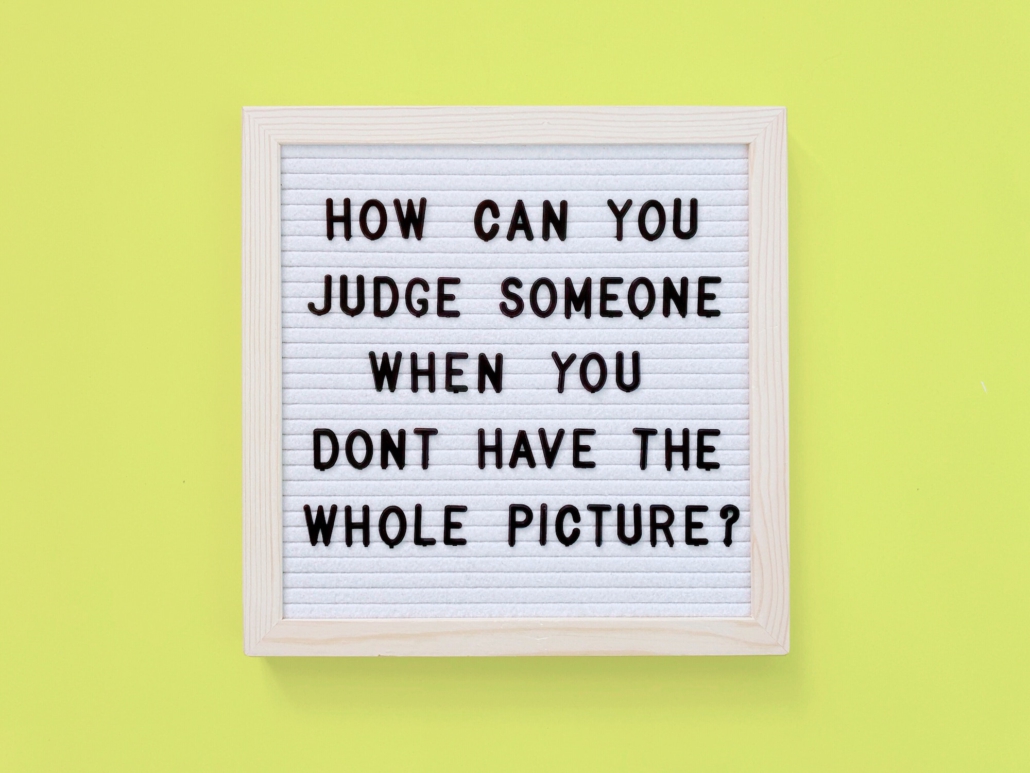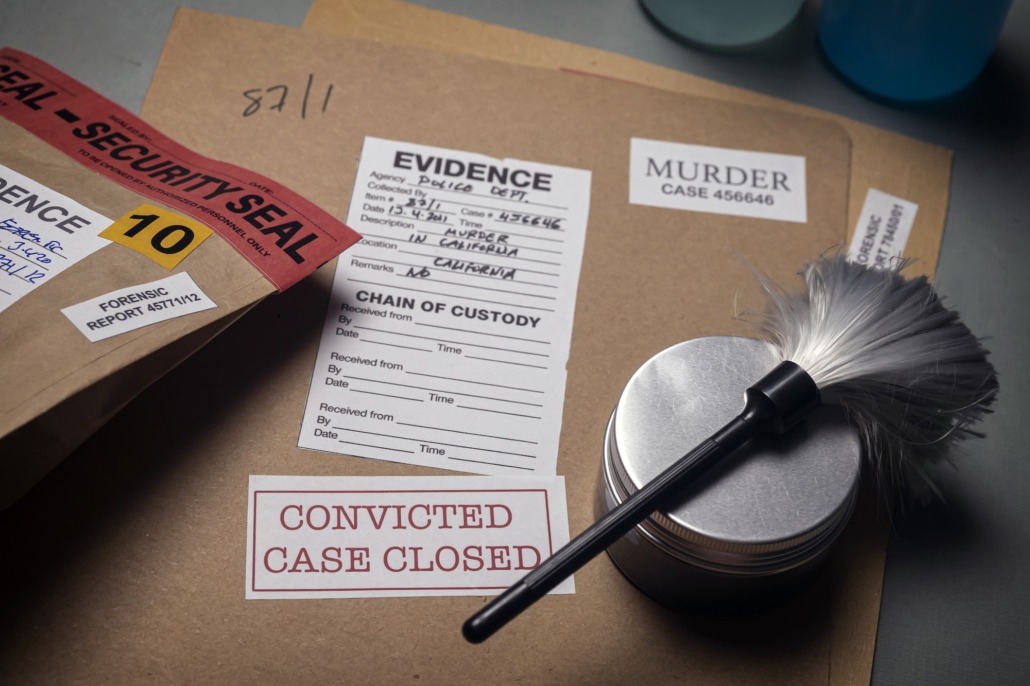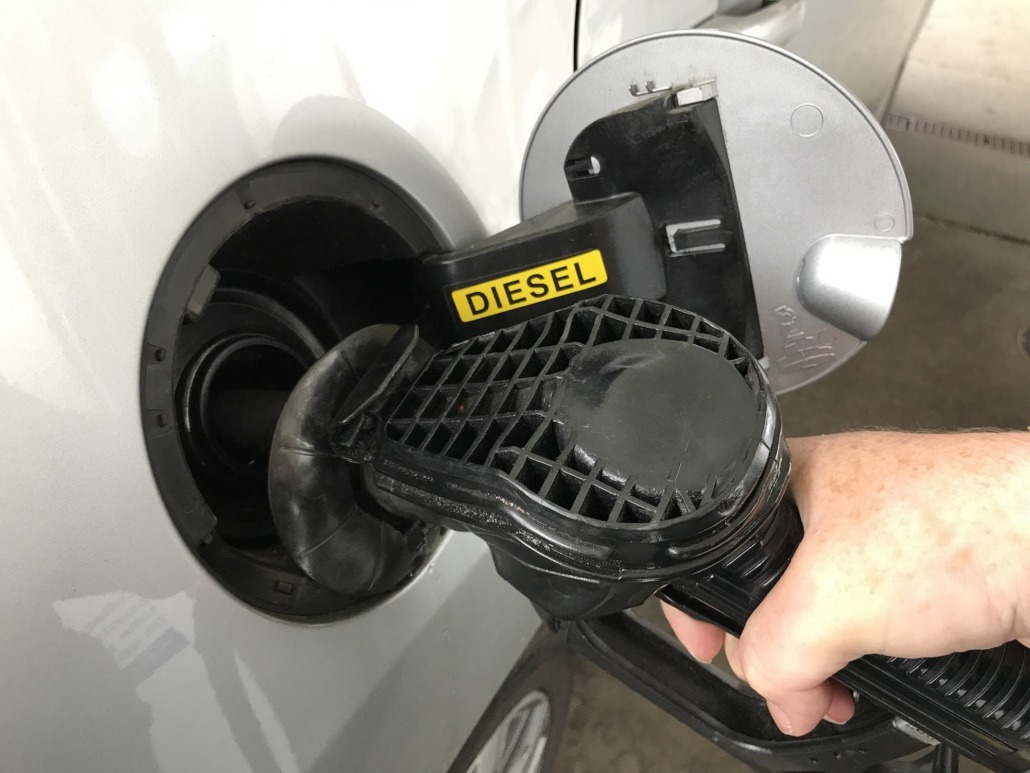LEGAL+ NEWS
In my blog post “Can so-called warning associations do anything? – On the liability for damages of warning associations such as the Association of Social Competition (VSW)” I had already reported from practical experience on the fact that so-called warning associations – covered by the courts – are still acting to the detriment of market participants.

With its recent action against influencers, the Association of Social Competition (VSW) has attracted a lot of media attention and thus – unintentionally – finally brought movement to the question of what warning associations may and may not do. The “Handelsblatt” has now – also with my support – in its latest weekend edition of March 15/16/17, 2019 provided valuable clarification regarding the questionable actions of the VSW.
The legal consequence of the actions of VSW and, of course, of any other warning association can be, as I have explained in my article mentioned above above, may include an obligation to pay damages to injured market participants.

LATEST ARTICLES

On the bias of judges in civil proceedings: If judges do not read a party’s pleadings, this can justify a motion for recusal!
Following on from my overview article on the application for recusal pursuant to Section 42 ZPO, I would like to report on an interesting ruling by the Higher Regional Court of Karlsruhe. According to this ruling, a judge’s failure to read the pleadings submitted by a party can give rise to concerns of bias. In the case in question, a judge had overlooked an application for recusal directed against him, as he had forwarded the pleading containing it unread to the opposing party for comment. This violates the so-called duty to wait pursuant to Section 47 (1) ZPO, according to which only “official acts that cannot be postponed” are permitted from the filing of an application for recusal until it has been dealt with.

BGH on the legal consequences of thwarting evidence
In legal disputes, it often happens that one party makes it difficult for the opposing party to provide evidence. In these cases, the question then arises as to whether and, if so, with what legal consequences it can be assumed that evidence has been obstructed.

Guide to procedural law: Easier way to claim damages for exhaust gas manipulation – On the BGH ruling of June 26, 2023 (Ref. Via ZR 335/21)
This article attempts to classify and evaluate the current ruling of the Federal Court of Justice (BGH) of June 26, 2023 (Ref. Via ZR 335/21) on the subject of compensation for damages due to emissions manipulation by car manufacturers.
CONTACT

+49 (40) 57199 74 80
+49 (170) 1203 74 0
Neuer Wall 61 D-20354 Hamburg
kontakt@legal-plus.eu
Benefit from my active network!
I look forward to our networking.
This post is also available in: DE

